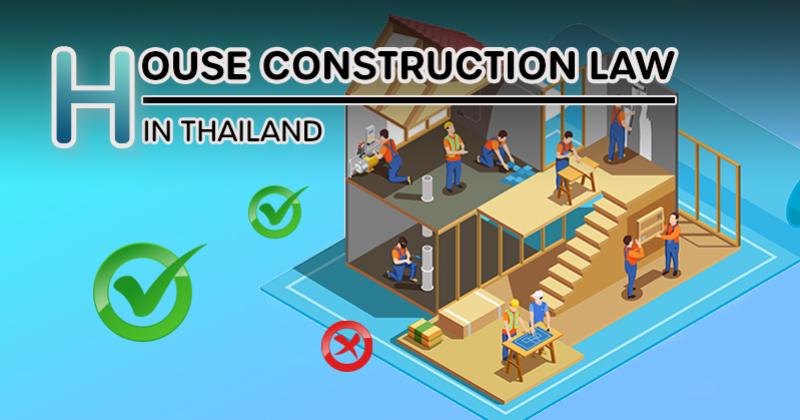
Created : 3 Apr 2023
Updated : 3 Apr 2023
How can foreigners own land in Thailand?
Due to the policy to allow foreigners to own land in Thailand, it is a result of an effort to stimulate the economy and investment. Therefore, not all foreigners are eligible to own land in Thailand. They must belong to a specific group of foreigners who meet the criteria and conditions set by the law. There are 4 groups of foreigners who are eligible to own land in Thailand.
1. Wealthy Global Citizen.
2. Wealthy Pensioner.
3. Work from Thailand Professional.
4. Highly Skilled Professional.
Foreigners can own no more than 1 rai of Thailand.
and must be under specified conditions only
In fact, the four foreign populations mentioned above are is a group of foreigners allowed to stay in Thailand on a long-term basis as a special case They can hold a visa for up to 10 years, but they are not yet able to own Thai land. Because there are still other criteria that must be met. The foreigners in the 4 groups who are allowed to stay in Thailand in the long run will be able to own land in Thailand. It must have the following additional properties:
1. Land Lease: Foreigners can lease land for up to 30 years and can renew the lease for another 30 years.
2. Condominiums: Foreigners can own up to 49% of the total area of a condominium building.
3. Thai Limited Company: Foreigners can own land in Thailand by setting up a Thai limited company, in which the foreign ownership must be less than 50% of the company's shares, and the company must have a legitimate business purpose.
4. Board of Investment (BOI): Foreigners can own land in Thailand by investing at least 40 million baht in a BOI-promoted project, and the project must be approved by the BOI before purchasing the land.

